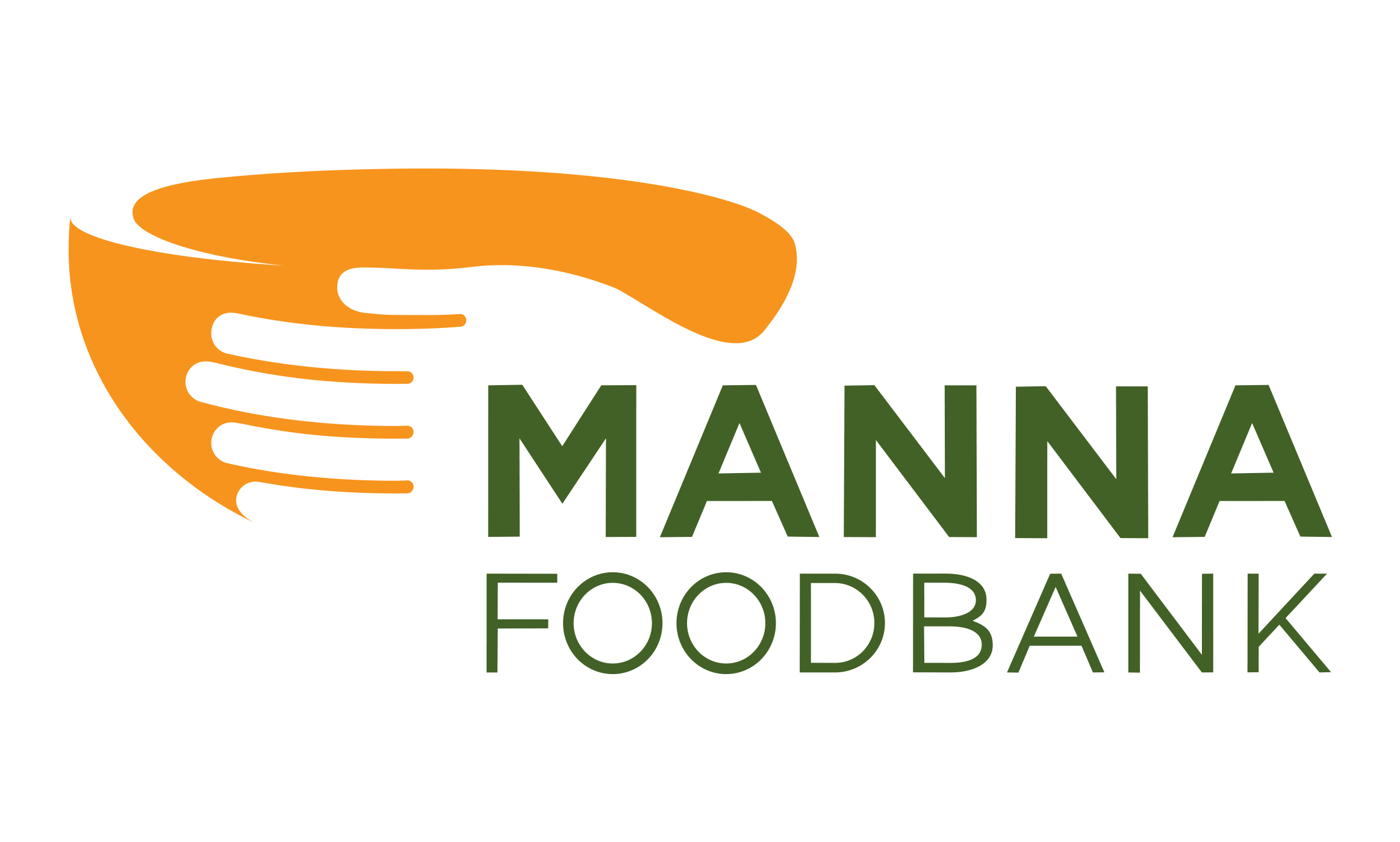7 FACTS about Food and Nutrition Services (FNS):

FNS stands for Food and Nutrition Services
This program was formerly known as Food Stamps.
FACT 1: The average length of time on FNS is 8-10 months.
FACT 2: The average monthly FNS benefit per person is $133.85, or less than $1.50 per person, per meal. The average FNS household consists of 2.1 people with a gross monthly income of $744.
FACT 3: 76% of FNS households include a child, an elderly person, or a disabled person – the most vulnerable in our society. These households receive 83% of all FNS benefits. Many qualifying families include full-time workers at low wage jobs.
FACT 4: The overwhelming majority of FNS recipients who can work do so. Almost 70 percent of FNS recipients are not expected to work, primarily because they are children, elderly, or disabled. In North Carolina, almost 73% of all FNS participants are in families with children. Of households with children, almost 87% worked in the previous or following year of receiving and 60% worked while receiving FNS. This supports the strong correlation between unemployment and food stamps.
FACT 5: FNS has a strong record of program integrity. FNS error rates are at a record low of 3.80% in FY2011. The FNS accuracy rate of 96.2% (FY2011) is an all-time program high and is considerably higher than other major benefit programs.
FACT 6: $1 in FNS benefits generates about $1.70 in localized economic activity. Overall FNS pumped about $2.43 billion into North Carolina’s economy in 2012. FNS not only helps low-income people buy groceries, it frees up cash for other expenses, such as medical care, clothing, home repairs and childcare. That benefits local businesses and their employees, which boosts the economy as a whole.
FACT 7: The FNS program is designed to be responsive to economic downturns; it closely correlates to unemployment. The number of unemployed people increased by 94% from 2007 to 2011; FNS participation increased by 70% during the same time period. As the economy recovers and people go back to work, FNS participation and program costs, too, can be expected to decline. FNS is responsive to changes in need, providing needed food assistance as families fall into economic hardship and then transitioning away as their financial situation stabilizes.
Sources are Feeding America, The Center on Budget and Policy Priorities, and the USDA.
NONDISCRIMINATION NOTICE
In accordance with Federal civil rights law and U.S. Department of Agriculture (USDA) civil rights regulations and policies, the USDA, its Agencies, offices, and employees, and institutions participating in or administering USDA programs are prohibited from discriminating based on race, color, national origin, sex, disability, age, or reprisal or retaliation for prior civil rights activity in any program or activity conducted or funded by USDA.
Persons with disabilities who require alternative means of communication for program information (e.g. Braille, large print, audiotape, American Sign Language, etc.), should contact the Agency (State or local) where they applied for benefits. Individuals who are deaf, hard of hearing or have speech disabilities may contact USDA through the Federal Relay Service at (800) 877-8339. Additionally, program information may be made available in languages other than English.
To file a program complaint of discrimination, complete the USDA Program Discrimination Complaint Form, (AD-3027) found online at: https://www.ascr.usda.gov/complaint_filing_cust.html, and at any USDA office, or write a letter addressed to USDA and provide in the letter all of the information requested in the form. To request a copy of the complaint form, call (866) 632-9992. Submit your completed form or letter to USDA by:
(1) mail: U.S. Department of Agriculture
Office of the Assistant Secretary for Civil Rights
1400 Independence Avenue, SW
Washington, D.C. 20250-9410;
(2) fax: (202) 690-7442; or
(3) email: program.intake@usda.gov .
This institution is an equal opportunity provider.
